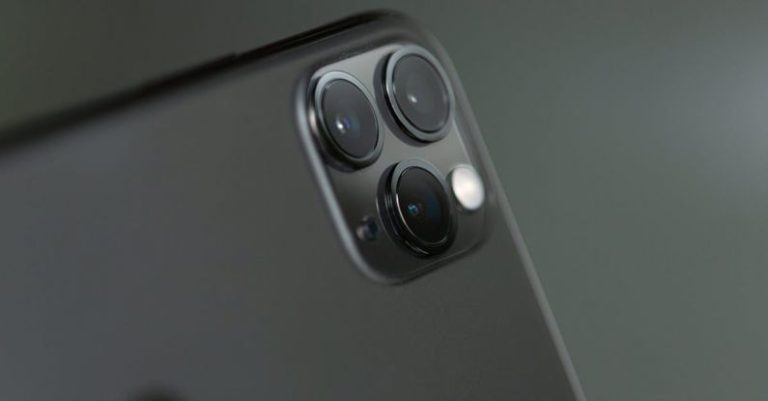Choosing the Right Laptop: a Buyer’s Guide
When it comes to choosing the right laptop, the abundance of options available in the market can be overwhelming. From sleek ultrabooks to powerful gaming laptops, the choices seem endless. However, finding the perfect laptop that meets your specific needs doesn’t have to be a daunting task. By understanding your requirements and considering key factors, you can make an informed decision that aligns with your budget and preferences.
Identifying Your Needs
Before diving into the world of laptops, take a moment to reflect on how you intend to use your new device. Are you a student looking for a lightweight laptop for note-taking and research? Or perhaps you are a graphic designer in need of a high-performance machine for editing projects. By pinpointing your primary use cases, you can narrow down your options and focus on laptops that cater to your specific requirements.
Consider the Operating System
One of the first decisions you’ll need to make is choosing an operating system. The three main options are Windows, macOS, and Chrome OS. Windows is versatile and compatible with a wide range of software, making it a popular choice for most users. macOS, found exclusively on Apple laptops, is known for its seamless integration with other Apple devices and user-friendly interface. Chrome OS, on the other hand, is a lightweight operating system designed for users who primarily work online and rely on cloud-based applications.
Size and Portability
The size and weight of a laptop can significantly impact its portability. If you plan on carrying your laptop around frequently, opt for a lightweight and compact model. Ultrabooks are known for their slim profiles and lightweight designs, making them ideal for travel and on-the-go productivity. However, if you prioritize a larger screen for multimedia or gaming purposes, a bulkier laptop with a bigger display may be more suitable.
Performance and Specifications
When it comes to performance, the processor, RAM, and storage are crucial components to consider. Processors from Intel and AMD power laptops, with options ranging from entry-level to high-performance CPUs. For everyday tasks like web browsing and document editing, a mid-range processor should suffice. However, if you engage in resource-intensive activities such as video editing or gaming, opt for a more powerful processor to handle the workload efficiently.
RAM, or memory, determines how many tasks your laptop can handle simultaneously. For multitasking and running demanding applications, 8GB or more of RAM is recommended. Storage options include solid-state drives (SSD) and hard disk drives (HDD). SSDs provide faster read and write speeds, resulting in quicker boot times and application launches. Consider the amount of storage you need based on your usage, whether it’s storing large files or installing multiple programs.
Graphics and Display
If you’re a gamer, content creator, or simply value crisp visuals, the graphics card and display quality are essential factors to consider. Integrated graphics are suitable for everyday tasks, while dedicated graphics cards from NVIDIA or AMD excel in handling graphics-intensive applications and gaming. Additionally, the display resolution, brightness, and color accuracy play a significant role in enhancing your viewing experience. For tasks that require color precision, such as photo editing, a laptop with a high-resolution and color-accurate display is recommended.
Battery Life and Connectivity
Battery life is crucial, especially if you plan on using your laptop away from a power source for extended periods. Look for laptops with long battery lives to ensure uninterrupted productivity. Connectivity options such as USB ports, HDMI, and SD card slots are essential for connecting peripherals and external devices. Additionally, consider the availability of Wi-Fi and Bluetooth connectivity for seamless wireless communication.
Making the Right Choice
Choosing the right laptop involves a combination of understanding your needs, considering essential specifications, and aligning with your budget. By evaluating factors such as operating system, size, performance, graphics, display, battery life, and connectivity, you can narrow down your options and find a laptop that suits your lifestyle and preferences. Whether you’re a student, professional, or casual user, investing time in research and comparison can lead you to the perfect laptop that enhances your productivity and meets your computing needs.






